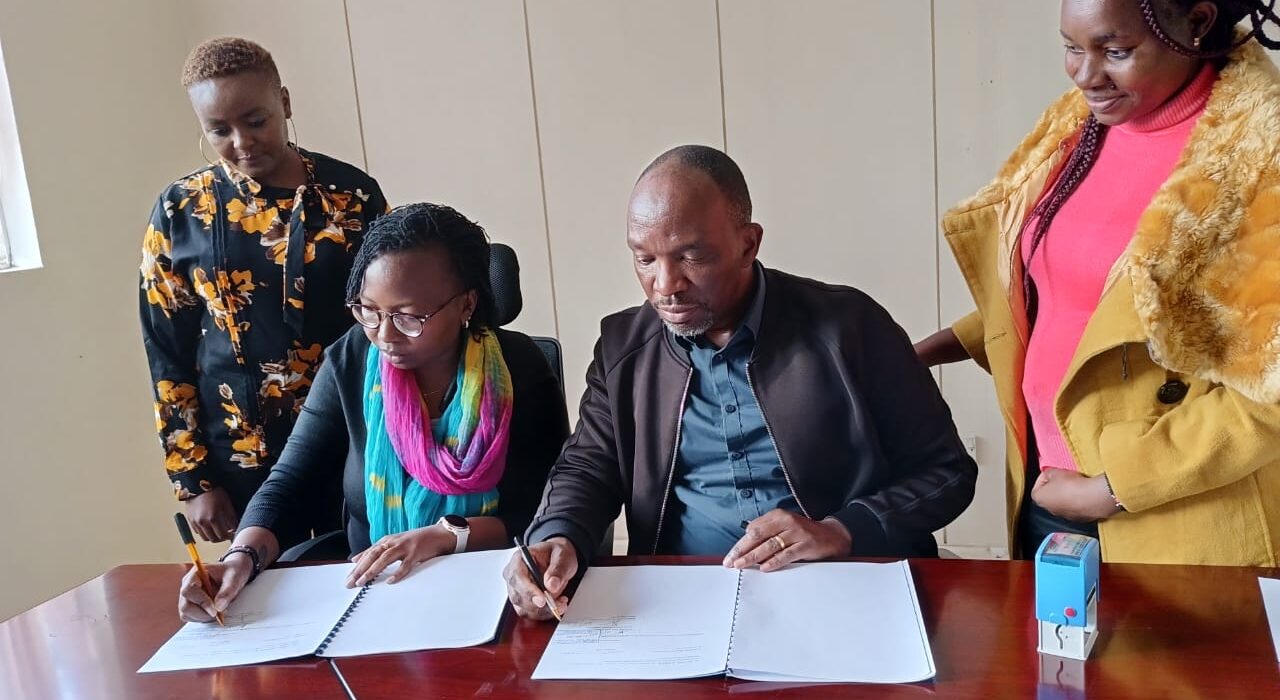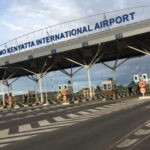In a groundbreaking move to improve healthcare access across Kenya, the Rotary Club of Nairobi Magharibi has signed a five-year Memorandum of Understanding (MoU) with the Surgical Society of Kenya (SSK). This partnership will spearhead a series of free surgical camps aimed at providing critical surgical care to underserved communities throughout the country.
The MoU was signed in a ceremony at the Surgical Society of Kenya’s offices, with key representatives including Caroline Muthoni Mate, President of the Rotary Club of Nairobi Magharibi, Prof. Dr. Paul Odula, President of the Surgical Society of Kenya, and Dr. Joe Kamau, District Governor of Rotary District 9212.
A Lifeline for Kenya’s Underserved
These surgical camps are a response to the pressing need for accessible surgical care in Kenya, particularly in rural areas where access to healthcare is often limited. The camps will offer a wide range of procedures, including hernia repairs, treatment for abdominal and limb swellings, and solutions for anal problems such as hemorrhoids and fissures. By addressing these health issues, the initiative aims to drastically improve the quality of life for patients who might otherwise go untreated due to financial constraints or the lack of nearby specialists.
Caroline Muthoni Mate emphasized the importance of this initiative, stating, “This partnership is a testament to our commitment to improving the lives of Kenyans, especially those in the most vulnerable communities. By bringing free surgical care to those who need it most, we are addressing immediate health concerns and contributing to the long-term well-being and productivity of individuals and their families.”
Empowering Communities Through Healthcare
The camps are more than just medical interventions; they are a beacon of hope for communities that struggle with inadequate healthcare facilities. The surgeries provided will enable patients to return to their livelihoods, contributing to the overall economic and social fabric of their communities. The initiative also reflects a broader commitment to empowering local healthcare systems by involving Kenyan surgeons and healthcare professionals in the camps.
Prof. Dr. Paul Odula highlighted the role of surgeons in this initiative: “Our surgeons are dedicated professionals who are deeply committed to giving back to the community. Through these surgical camps, we have the opportunity to utilize our skills and expertise where they are needed most. This partnership with the Rotary Club of Nairobi Magharibi allows us to expand our reach and impact, ensuring that more Kenyans benefit from quality surgical care.”
A Partnership Rooted in Service
The MoU outlines a robust framework for collaboration between the Rotary Club of Nairobi Magharibi and the Surgical Society of Kenya. Over the next five years, the organizations will work together to identify locations for the camps, coordinate logistics, and mobilize resources, including surgical teams, medical supplies, and volunteer support. The camps, which will be held quarterly, are expected to serve hundreds of patients at each event.
District Governor Dr. Joe Kamau praised the partnership, stating, “This MoU is more than just an agreement; it’s a pledge to serve, to heal, and to uplift those who are often forgotten. The impact of this collaboration will be felt across the country, and it’s a proud moment for all of us involved.”
Building on a Legacy of Service
The Rotary Club of Nairobi Magharibi has a long history of community service and health-related initiatives. This partnership with the Surgical Society of Kenya builds on that legacy, expanding the reach of their efforts to provide even more comprehensive surgical care to those in need. The first camp under this new partnership is scheduled to take place at Makueni County Referral Hospital from October 21st to 26th, 2024.
As the Rotary Club of Nairobi Magharibi and the Surgical Society of Kenya embark on this journey, they do so with the shared goal of making a tangible difference in the lives of Kenyans. This partnership not only highlights the power of collaboration in addressing critical healthcare needs but also underscores the importance of community-driven solutions in building a healthier, more equitable society.





